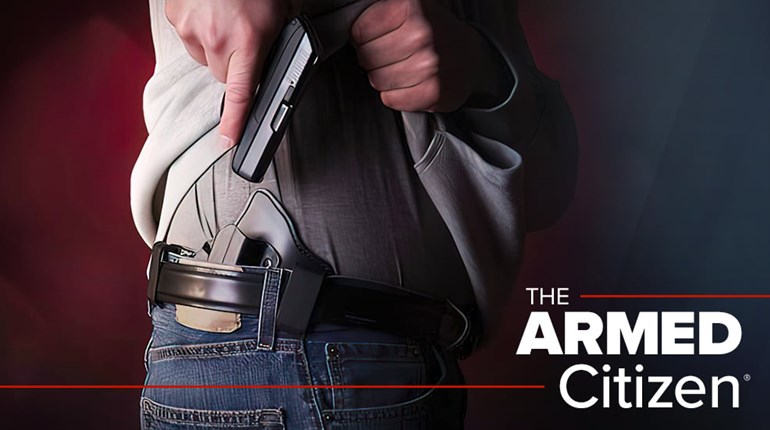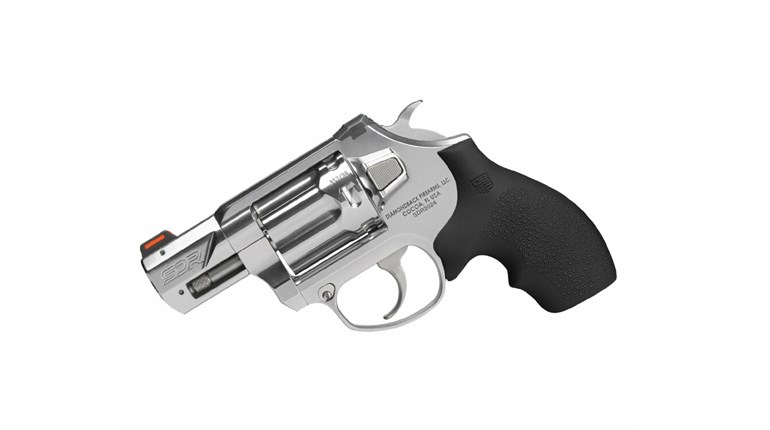
Many of my best friends at the Olympic Training Center complex in Colorado Springs are Paralympic athletes. I’m also close to many former and current warriors in various military branches. However, my experience at the 2014 Warrior Games touched me more deeply than I ever expected.
For many wounded military members, the wounds penetrate much deeper than what is outwardly visible. Take Marines, for example: Every day of training, they are drilled with being the best of the best. When they become ill, injured or wounded, the challenges change. When a Marine loses physical health, a part of his former identity is also lost.
While it’s easy to see the competitive aspect of the Warrior Games, the value actually runs much deeper—especially in the shooting events. Maj. John Schwent, head coach of the Marine shooting team at the Warrior Games, said that when his Marines are handed an air rifle, they see it as a puny version of the M-16s they used to shoot. But once they begin shooting air rifles, they realize how difficult it is. Suddenly they’ve discovered another way to push their limits.
For Gunnery Sgt. Pedro Aquino, who medaled four times this year, the positive effect shooting has on his daily life is purely mental. Excelling at air rifle shooting requires extreme focus and thought control. When he was forced to go off painkillers to concentrate, his intensity increased; pain only became a distraction.
“Every time I’m behind those sights, my head clears and all I’m focusing on is that pellet,” Aquino explained.
Competitive shooting acts as therapy not only in the physical sense, but also in restoring purpose to the lives of these individuals.In past Warrior Games, MSgt. Dionisios Nicholas has medaled multiple times in shooting and swimming. This year, an issue with his wrists has forced him to take a break from participating. Now he coaches instead.
While swimming helps him heal physically, shooting is completely different due to the concentration involved. “When I’m shooting, there is no pain,” Nicholas said. “I’m in my own world. There’s no way to describe it.”
Competitive shooting acts as therapy not only in the physical sense, but also in restoring purpose to the lives of these individuals. For many of these warriors, a common effect of medication is a loss of a sense of normalcy. But when a shooter overcomes the effects of medication to compete at a higher level, he becomes himself again.
“It’s therapy,” Davis said. “It’s absolutely therapy, because you feel a purpose again.”
At the 2014 games in early October, the Marines dominated the medal count, more than doubling the shooting medals of any other branch. While proud of that accomplishment, team coaches look beyond the glistening medals and instead focus on the renewed glow in their athletes’ eyes.
“At the end of the day, this program exists because we are truly trying to save lives,” Schwent said.































